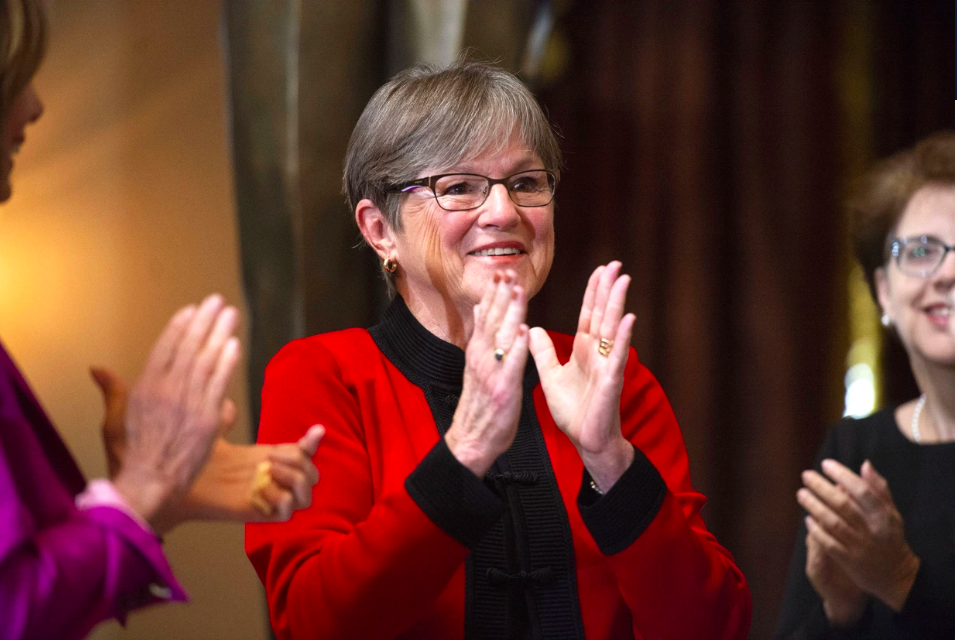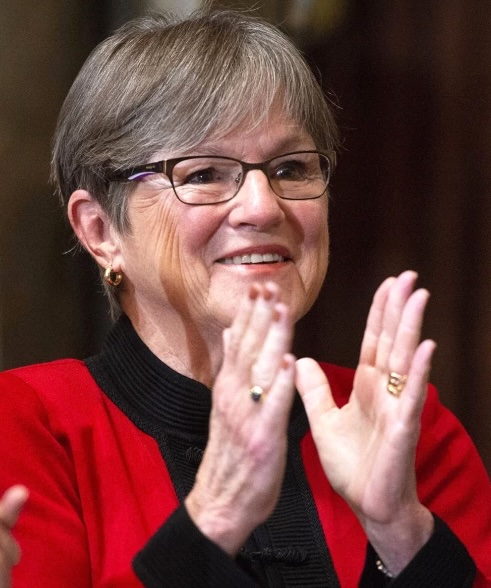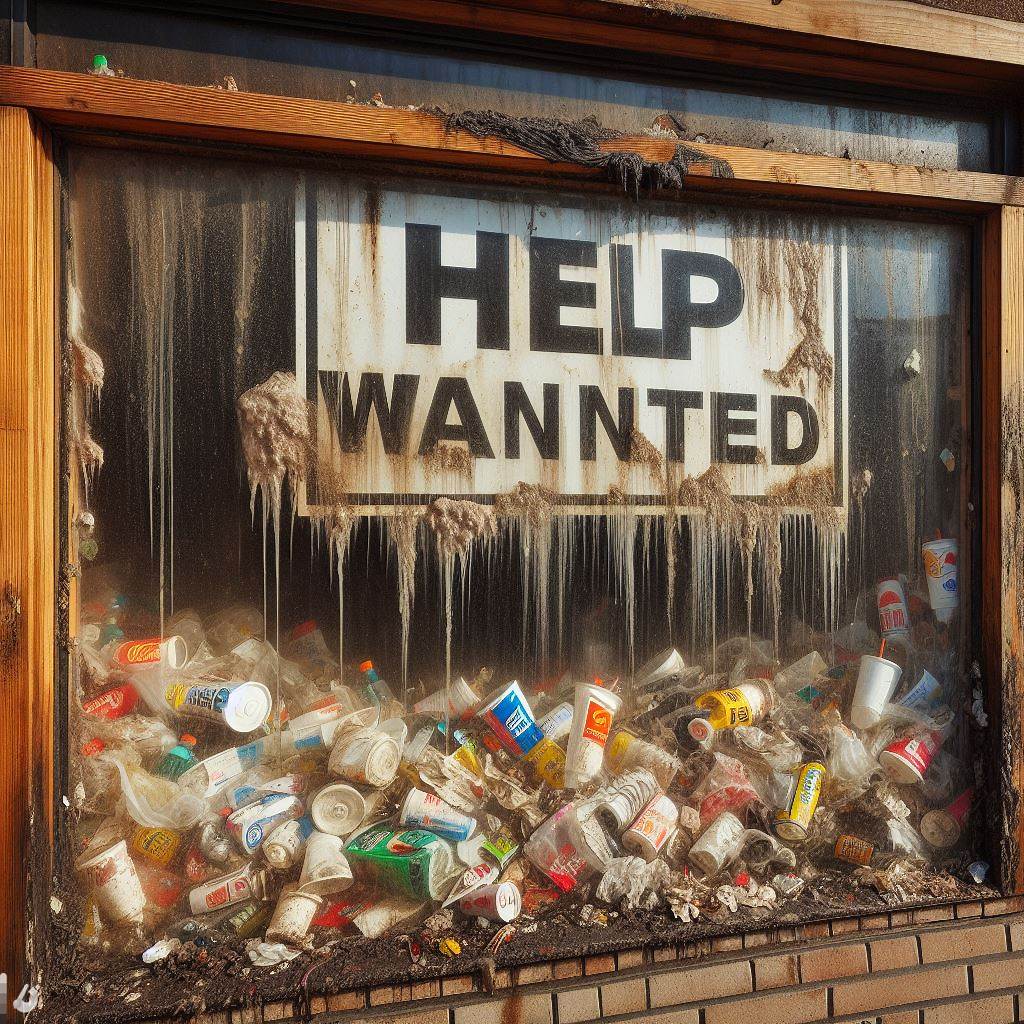Governor Laura Kelly’s so busy patting herself on the back for the strong Kansas job’s picture and overflowing tax receipts built by Kansas businesses under an unprecedented tax burden that she’s forgetting that success is another reason not to lower the bar to let more able bodied people onto the state’s health welfare program.
Figures show its true, and the burgeoning employment picture in Kansas and across the nation backs up the numbers. Despite spiking costs and interest rates companies are still hiring. Many of them are offering health insurance benefits as a perq to lure workers to get them to come to work and stay.

So when health insurance offerings are expanding by companies hiring more people, and the existing system is already in place for people who really need it, why drop the eligibility standards to allow 140,000 more people onto the state program?
It’s understandable that Kelly wants a political win before she leaves office in a few years – something to hang her hat on other than presiding over Kansas blossoming as the biggest abortion destination in the Midwest and her valiant efforts to ensure boys get to hang out in your daughter’s gym locker room at school. But other than feasting on the promise of more “free” federal dollars – something Kansas’ tax-generated cash surplus itself proves is unneeded – there’s just no justification for expanding KanCare (Medicaid). Even with that 90 percent cost reimbursement (money we paid in federal tases or borrowed to add to our nation’s suffocating debt) so many other states have proven their own Medicaid expansion was a pig in a poke – and a very expensive one.
Sparsely-populated Montana, for example, estimated that expanding its program in 2016 would bring in 25,000 more enrollees to top out its total at some 59,000. Today Montana Medicaid serves a whopping 125,000 residents – this in a state of just over a million souls. More than 4 in every 10 are able-bodied adults – more than the number of children enrolled in traditional Medicaid. Costs spiked exponentially, to the point critics in the state now say people who really need it aren’t getting benefits.

Those stories aren’t rare within this ObamaCare legacy. Across the board, actual enrollment averages 160 percent of initial estimates, and average costs per enrollee are 64 percent higher than projections. It is an unnecessary debacle that costs billions.
California’s expansion was 278 percent of its projections, pushing the state into a $54 billion
budget deficit which forced cuts to education to pay the costs. Arkansas projected to add 250,000
presently able-bodied adults to the system. They got 340,000, and in two and a half years saw actual costs to the state of 79 percent over projections.
As we’ve experienced in the past two years at the U.S. southern border, dropping the gates and
letting more people in has proven to be a bad idea for the hosts who pay the bills. Larger cities are already seeing the bankrupting impact those 6 million new illegal immigrants are having on municipal governments. Wait ’til they figure out they can apply for subsidized state healthcare.
The encouraging reality is that health coverage is expanding due to competition for employees without expensive freebies from states for people who can rightfully pay their own way. U.S. census statistics show the percentage of working-age adults 19 to 64 without health insurance fell from 11.6 percent in 2021 to 10.8 percent in 2022, primarily driven by an increase in employment-based coverage. That figure now sits at about 8.4 percent. Contrary to Barack Hussein Obama’s proclamation about American business success years ago that “you didn’t build that,” the system is working.
Despite a record tax burden, the resilience of Kansas’ businesses and industries is not just bolstering our economy, it’s making healthcare coverage available for more Kansas residents. Tapping the Kansas taxpayers even more to lower the gates and let more people on Kancare would be just another of Laura Kelly’s bad ideas.
Dane Hicks is a graduate of the University of Missouri School of Journalism and the United States Marine Corps Officer Candidate School at Quantico, VA. He is the author of novels "The Skinning Tree" and "A Whisper For Help." As publisher of the Anderson County Review in Garnett, KS., he is a recipient of the Kansas Press Association's Boyd Community Service Award as well as more than 60 awards for excellence in news, editorial and photography.





